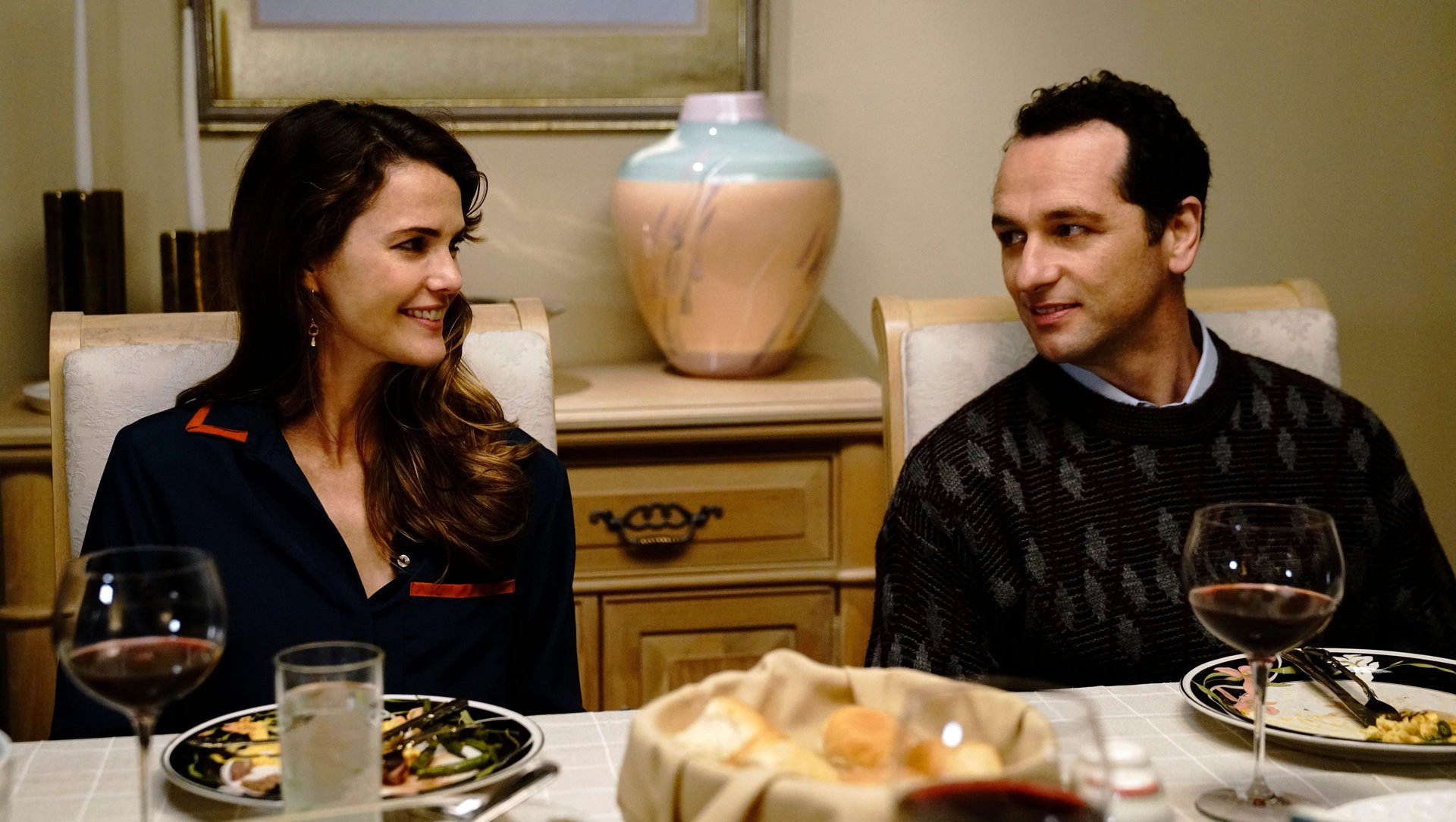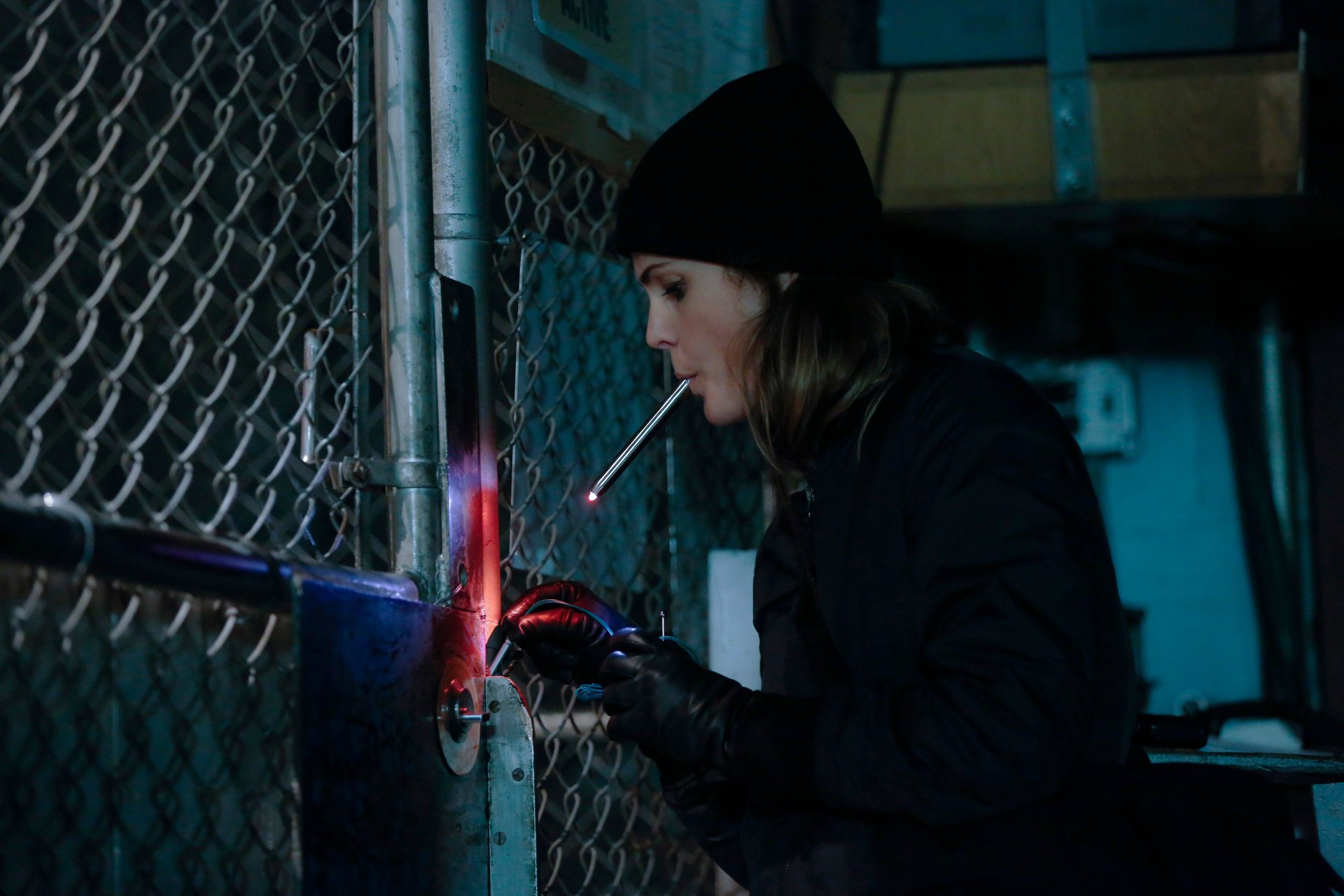“The Americans”: A fond farewell to one of the great TV dramas of the decade
When FX’s Cold War-era spy drama The Americans premiered in January 2013, Donald Trump was still hosting The Celebrity Apprentice. US-Russian relations were tense, but not particularly eventful. Netflix had yet to begin producing original content.


When FX’s Cold War-era spy drama The Americans premiered in January 2013, Donald Trump was still hosting The Celebrity Apprentice. US-Russian relations were tense, but not particularly eventful. Netflix had yet to begin producing original content.
As the show about Russian spies posing as Americans in the 1980s airs its final episode tonight (May 30), five years and six seasons later, reality has become far wackier. Trump, as president of the United States, finds himself embroiled in a wide-ranging FBI investigation into his campaign’s canoodling with Russian operatives. And in the so-called “golden age of TV,” the supremacy of cable TV drama has been usurped by streaming upstarts, as Netflix, Amazon, and Hulu flood the market with every conceivable series imaginable.
But, through all this political and cultural upheaval, The Americans has remained every bit as fierce and as captivating as when it began. Tonight’s finale (which I have seen but dare not spoil) cements the drama as one of the greats, firmly in the pantheon with Breaking Bad, The Sopranos, and Mad Men.
The penultimate episode leaves Phillip (Matthew Rhys) and Elizabeth Jennings (Keri Russell) without a country. After going rogue, and choosing to not only not follow through with a mission to disrupt nuclear talks between the US and Russia, but also actively damage those efforts, the faux American couple lose the trust and support of their KGB comrades. As this is all happening, the Jennings’ neighbor, FBI agent Stan Beeman, seems to have figured out the truth (finally!) about his best friends.
Albeit unintentionally, The Americans tapped into a very real existential crisis for many Americans (and maybe, for some Russians too) reeling in the wake of the 2016 presidential election, living in a nation that no longer resembles the one they thought they knew.
Phillip and Elizabeth—born in, and molded by, Russia—are not really Russian. How could they be? They’re raising two teenage children who know no life but American suburbia. Phillip has lost his stomach for the violence and grown disillusioned with the efforts by some in Russia’s government to prevent a more progressive society. That distance between Phillip and his people becomes the source of greatest friction in his sham-turned-true marriage to Elizabeth, who still clutches to the Russian paradigms that shaped her—until she too rebels against her orders.
Neither are they wholly American. Given all the unspeakable things they’ve done in the name of Russia (a list of crimes that includes countless murders), living happily ever after in the United States as Americans has long been off the table. The show asks what it really means to even be an American—is it a set of ideals? A lifestyle? A history? Is that distinction decided, given, or earned? Does any of this even matter?

The Americans creator Joe Weisberg, a former CIA officer, has maintained that the show has nothing to do with Trump, or more specifically the current US-Russia debacle. It was all one big, weird accident that the show, based on a real-life Russian spy ring busted in 2010, premiered just a few years before Russian meddling in US elections thrust it all into a new context.
But great TV shows are rarely actually about the things that they’re about. Breaking Bad wasn’t about selling drugs. The Sopranos wasn’t about being in the mob. Mad Men wasn’t about making commercials. The Americans, similarly, isn’t about the Cold War, except the one waged between a husband and a wife.
It’s not even about spies, or politics, or dead-drops, or funny wigs. It is a profound depiction of a marriage that uses the physical and emotional isolation of the Jennings family—and their high-stakes occupation—to tell a universal story. “There are subtleties about the Jennings’ relationship when we first encounter it that make it a more interesting and important portrayal of marriage than would, say, one characterized by the extremes of falling in love or divorce,” my colleague Annaliese Griffin wrote. “They are at a turning point that happens in many marriages, when it is not quite right, and must flex and shift to accommodate change, in circumstances, in the world around us, and in each other.”
The Americans is a rare show that’s both thrilling and also deeply perceptive about the inner lives of humans. For that, and for having some of the best montages in TV history, The Americans is an all-time great—and worth celebrating as a relic from the now-bygone era of 2000s prestige television.